Climate
-
 Climate
ClimateWorld leaders call for action on climate change
This week, the presidents of China and the United States pledged to take aggressive action on the release of greenhouse gases to head off dire worldwide climate effects.
-
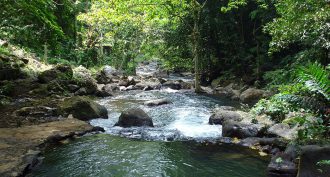 Environment
EnvironmentWill water woes leave Americans thirsty?
In the United States, people often assume that clean water will always be available. But factors ranging from global warming to pollution have begun threatening drinking-water supplies.
-
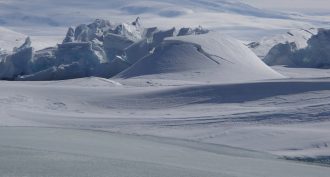 Earth
EarthExplainer: Understanding ice ages
Earth slowly wobbles, tilts and stretches (or contracts) as it orbits the sun. These changes may be fairly small and subtle. Still, their cumulative impacts can be huge — sometimes triggering the slow onset of an ice age or an abrupt thaw.
By Sid Perkins -
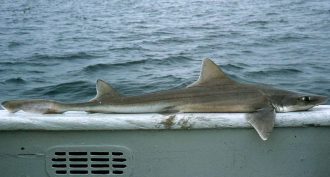 Animals
AnimalsSharks’ super sniffers at risk
Rising ocean acidity could rob sharks of their ability to sniff out dinner, marine biologists find.
-
 Climate
ClimateWhere will lightning strike?
When lightning strikes, the results can be deadly. But nature’s dazzling light show also can provide scientists with insights into when and where the next thunderbolt might strike.
-
 Agriculture
AgricultureYour food choices affect Earth’s climate
Producing food can put a lot of climate-warming pollutants into the atmosphere. But some foods, especially meats, contribute more than others.
By Janet Raloff -
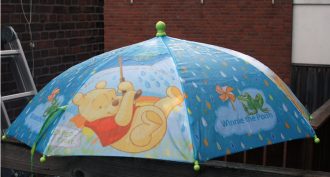 Climate
ClimateThis umbrella ‘listens’ to rain — for science
Scientists have developed an umbrella that ‘listens’ to falling raindrops. One day, a fleet of such simple rain gauges may help scientists better map weather patterns and changes in Earth’s water supplies.
-
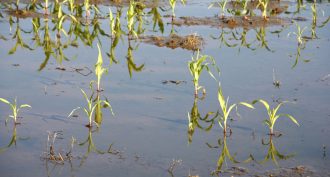 Climate
ClimateArctic sends weird weather south
Arctic warming is affecting weather farther south, where most of the world lives. The impacts are especially worrisome for agriculture.
By Sid Perkins -
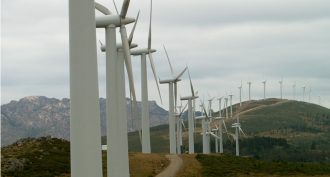 Environment
Environment‘Greener’ energy needed now, group warns
To avoid a looming environmental crisis brought on by global warming, people need to rely more on renewable energy sources. And fast. Without quick action, the world may face a harsh future, warns the latest report from the Intergovernmental Panel on Climate Change.
-
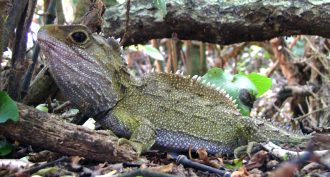 Animals
AnimalsWhen a species can’t stand the heat
When temperatures rise, New Zealand’s tuatara produce more males. With global warming, that could leave the ancient reptile species with too few females to avoid going extinct.
-
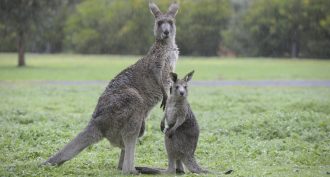 Animals
AnimalsKangaroos have ‘green’ farts
The farts and belches of these animals contain less methane than do those from other big grass grazers. Microbes in their digestive tract appear to explain the ‘roos lower production of this greenhouse gas, a new study finds.
-
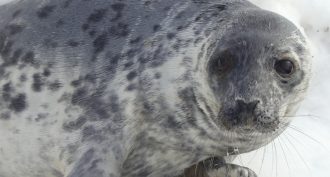 Microbes
MicrobesArctic thaw is spreading wildlife diseases
Polar animals are encountering new, killer parasites as melting ice unlocks their access to new hosts.